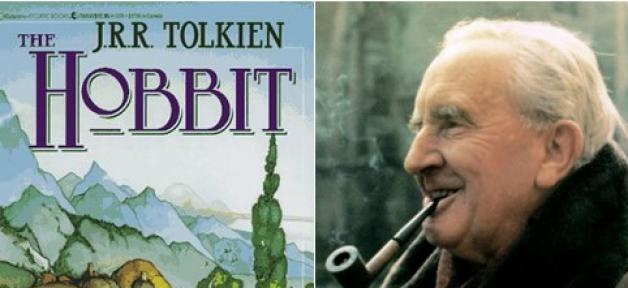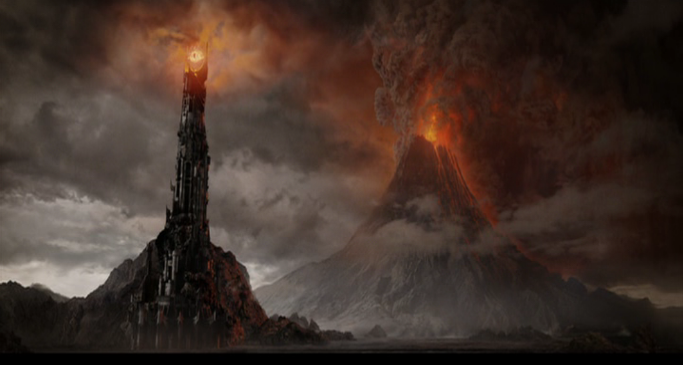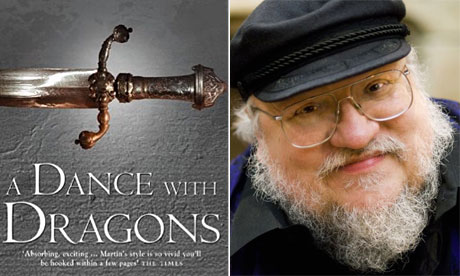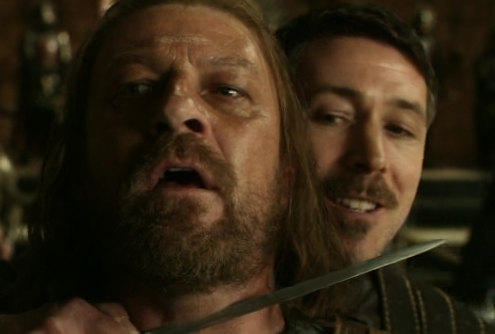Fantasy Writers – What Class Are You?
by Rob J. Hayes
B y now we’ve all heard of pantsers and planners, architects and gardeners but in the realms of fantasy we authors can be classed into other categories. So today I am asking you all: Are you questers or world builders?
y now we’ve all heard of pantsers and planners, architects and gardeners but in the realms of fantasy we authors can be classed into other categories. So today I am asking you all: Are you questers or world builders?
By way of example I will use possibly the two most famous fantasy writers who both have R.R. In their names: J.R.R.Tolkien and George R.R. Martin.
Now good old Tolkien was a quester through and through. In the Hobbit we saw Bilbo Baggins, middle-aged house owner with no job yet obviously independently wealthy, recruited by Gandalf the Grey to join a party of dwarves for fun, frolics, song, and the eventual goal of stealing some big gemstone from a dragon. In The Lord of the Rings we saw Gandalf, Aragorn, Legolas, Gimli, and a bunch of other hearty warriors escort a bland NPC (with serious path-finding issues) to drop a ring into a volcano.
Breaking these two adventures down we have have a very definite quest in each: Steal the Arkenstone / throw the One ring into the fires of Mount Doom. We have a protagonist: Bilbo Baggins / bland NPC. We have a group of warriors/mages/thieves to escort the protagonist along his/her journey. We have a beginning, a middle, and an end… OK, in Lord of the Rings we have an end and then another 50 pages of life in the shire followed by ANOTHER end.
This is the way the quester works and there’s nothing wrong with it. Everything in the story is about driving the quest along. We have lore, back story, world building, and character development all along for the ride but the quest is the driving force that everything boils down to. Usually there is something major hinging on the completion of the quest as well and more often than not it’s the fate of the world because, let’s be fair about this, there’s nothing bigger and more important.

Sauron likes to watch… and little else.
There’s one more thing to note about questing fantasy stories and that’s the antagonist usually takes a very secondary role in things. Big bad is big and bad but very poorly defined other than them being big and bad. This is because they don’t really matter, other than adding danger and suspense to the story, as it’s pretty much all about the quest. What else do we need to know than the antagonist is going to rule/destroy the world and possibly kill all the puppies along the way (because they’re THAT evil).
 GRRM is an out and out world builder and they start with an entirely different premise. Their story isn’t about some quest to save the world, or some big evil that’s being nasty to everyone; it’s about the world they’ve crafted, the characters they’ve created and how those characters are affecting and changing the world in the current age. I’ve started explaining it this way instead of specifics because… well see below:
GRRM is an out and out world builder and they start with an entirely different premise. Their story isn’t about some quest to save the world, or some big evil that’s being nasty to everyone; it’s about the world they’ve crafted, the characters they’ve created and how those characters are affecting and changing the world in the current age. I’ve started explaining it this way instead of specifics because… well see below:
Ned Stark is a champion of justice and defender of the northern realm of the seven kingdoms but is summoned to serve as the right hand man of his best friend, Big Bobby B, King of the seven kingdoms and general sot/lecherous pig. Arbitrarily leaving all of his sons safe up north and taking all of his daughters into the viper’s nest of King’s Landing, Ned goes about throwing the kingdom (if it’s formed of 7 kingdoms shouldn’t it be an empire?) into chaos because he’s just so damned honourable.

This is possibly the most predictable betrayal ever.
Meanwhile, over the other side of the world, Daenerys Targaryen wants to have a child with her paedophile horse warlord husband, save all the slaves, sail back to the seven kingdoms and overthrow the party in power, protect her dragons, and be an angsty teenage queen all while never actually making a single good decision.
Not exactly clearly defined is it? But that’s kind of the point of world building fantasies. The story is about the characters and their journeys and the world they inhabit and how they change it (for good or bad) through their actions. We have lore, more lore, MORE lore, back story, world building on an epic scale, character development but no driving force behind the story. Quite often you find world builders meander off into side plots and get lost in their own history and the story rarely has a defined beginning, middle, and end.
There’s one more thing to note about world building fantasy stories and that’s there (usually) is no real antagonist. There will undoubtedly be a whole bunch of bastards who could fill the role but they’re not specifically the big bad as the story doesn’t need a big evil for the characters to rally against. It simply isn’t about saving the world but about changing it.
This is a general outline of the 2 classes and there’s plenty of crossing over between them so these aren’t hard and fast rules. So which class are you?
Rob J. Hayes, author of THE HERESY WITHIN
Having served in a hundred different offices as a keyboard monkey Rob J. Hayes finally decided to follow his life long passion of daydreaming. After writing a small horde’s worth of short stories (many of which can be found on his website), he released his debut trilogy “The Ties that Bind” in 2013 as an indie publication and followed it up with the standalone release The Northern Sunrise in 2014.
Having now signed a deal with Ragnarok to bring “The Ties that Bind” to traditional paper publication Rob is furiously working away at a followup series set in the same world. When not writing Rob is usually found either card gaming, computer gaming, board gaming, dice gaming, airsoft gaming, or pretending to be a Viking.


















I am most certainly a quester. Nothing I like more than stuff happening making people go places and do stuff.
That may be the best breakdown of what a story is at its core: a character has to go somewhere and do something. I like it!
Tolkien was both.
And Martin sends characters on quests of varying lengths. I think of Brans journey to discover his purpose and inner strength, or John Snow’s going beyond the wall, finding new strength, and brining that back to the Night’s Watch to take more of a leadership position. This is all based on the TV show. I’m still on book one in terms of reading. 🙂